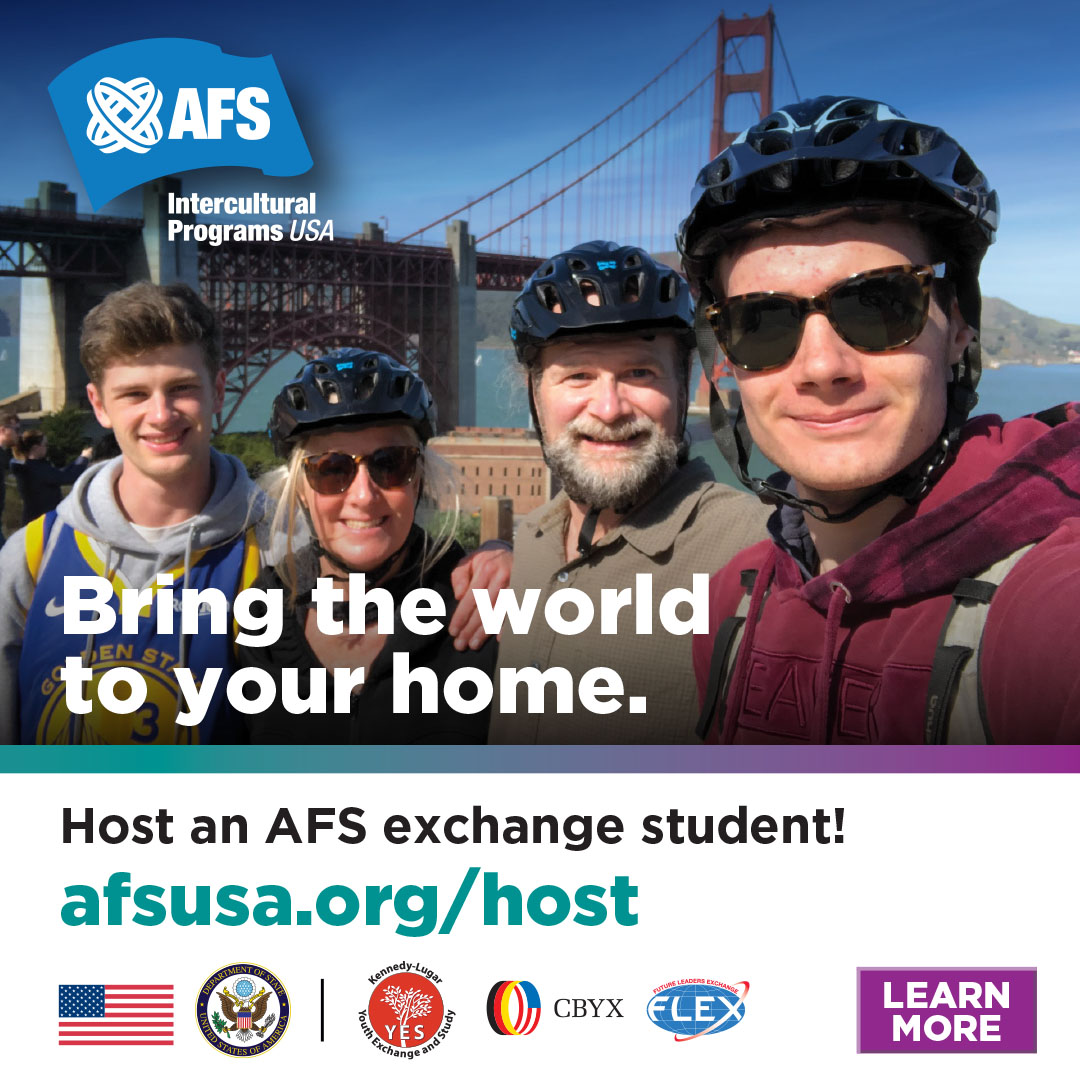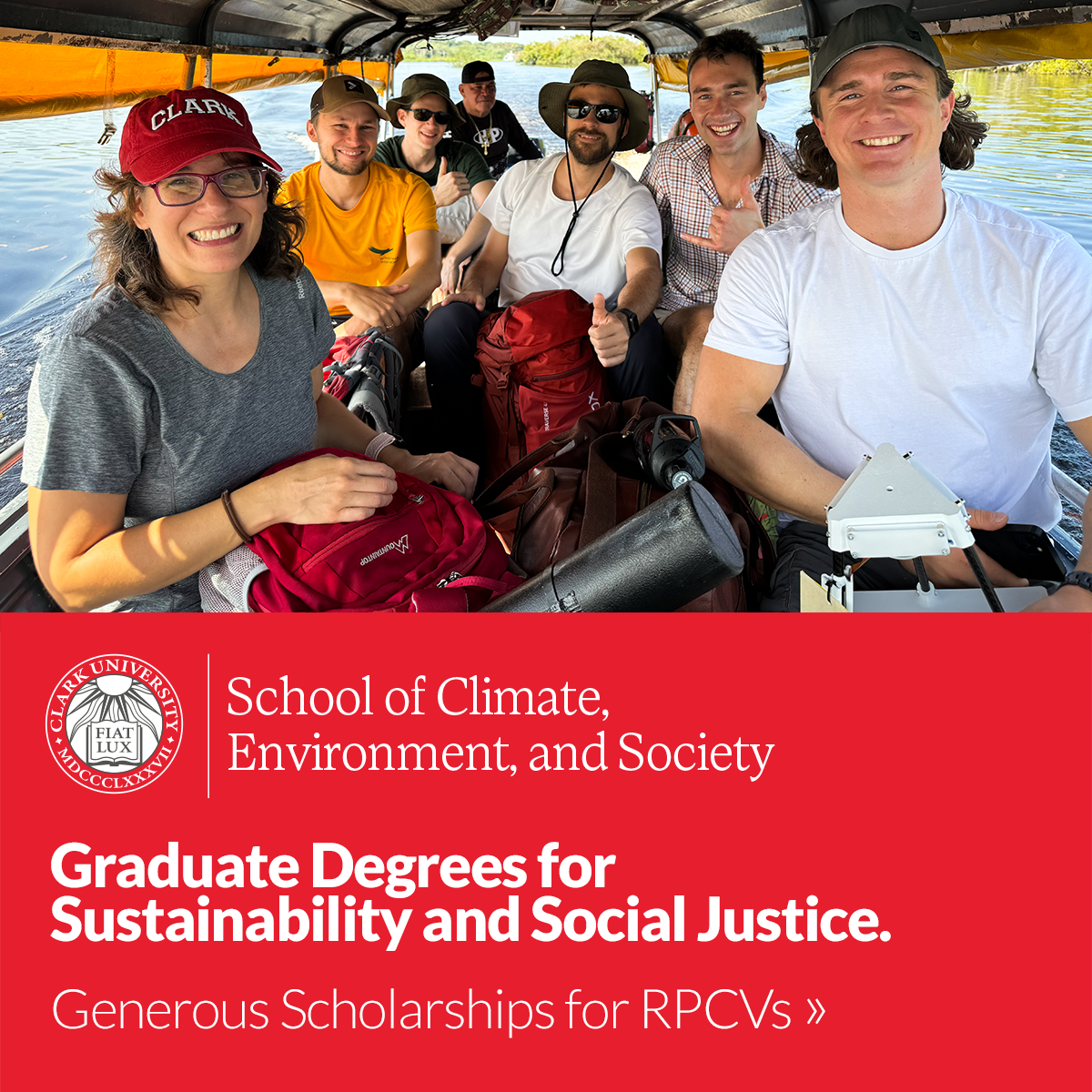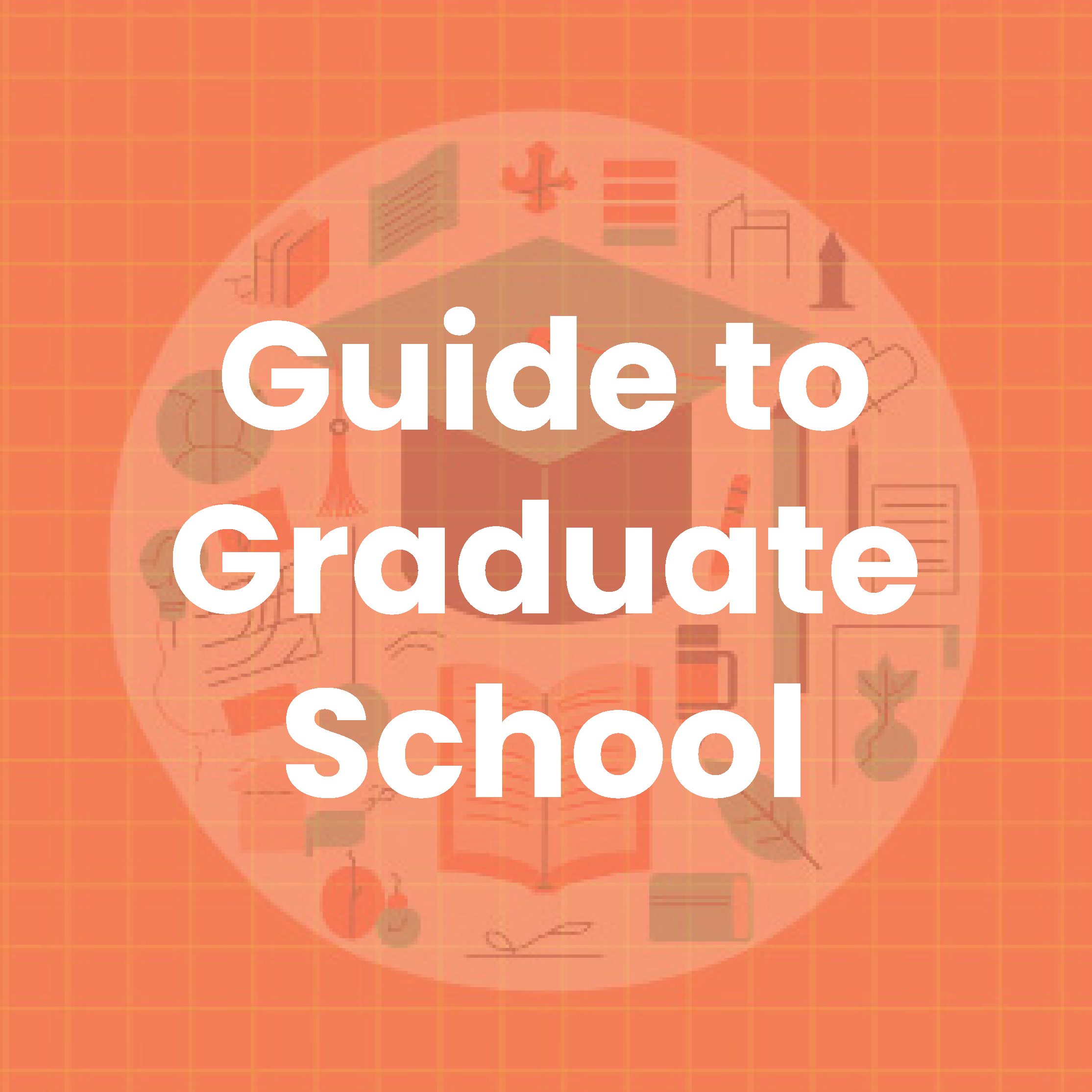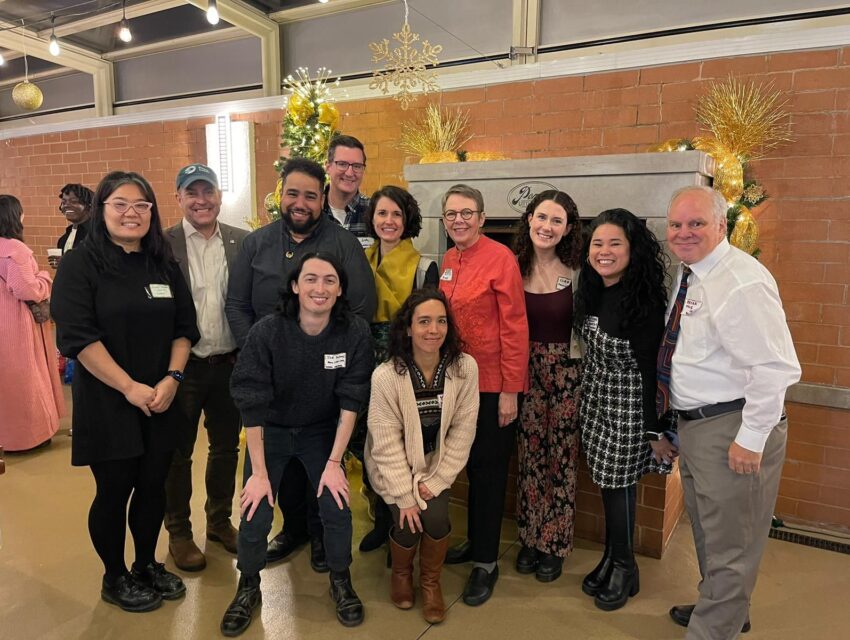
Not Just the “Guys in Washington”
Meet the faces driving NPCA’s legislative success.
Over the years, when I have pitched the importance of participating in NPCA’s advocacy program, I have often said to our community that members of Congress and their staff on Capitol Hill “aren’t really interested in hearing what the ‘guy in Washington’ has to say… They want to hear from their constituents.”
While that statement is not fully accurate, it is critical that when NPCA is making the case for Peace Corps funding or a piece of legislation, it is understood that we are representing RPCVs back in their states or congressional districts.
The reverse is also true, to a similar degree. When “the guy in Washington” reaches out to mobilize our community across the country to act, many will respond. But even more will respond when that call to action is also issued at the local/state level by a trusted and familiar member of the local Peace Corps community.
The NPCA is fortunate to have the sup- port of nearly 40 volunteer leaders who have assumed the role of advocacy coordinators. These individuals are vital to our success and—along with you—make all the difference in securing legislative victories.
Meet a few of our advocacy leaders here:
Meet a former Capitol Hill staffer: Will Glasscock (Indonesia 2012 – 14), Kentucky advocacy coordinator. “As a former Capitol Hill
staffer and lobbyist, I’ve been on both sides of the table of Capitol Hill meetings discussing policy and funding priorities. The secret weapon to any of these meetings was always the citizen advocates who made the case for why a particular program was critical to the congressional district and constituents. Even more valuable were the citizen advocates who would stay in touch frequently, requiring congressional staff to remain engaged and, sometimes, provide a reason for the office to take the lead on an issue. Make sure your congressional delegation hears from their RPCV constituents!”
Meet one of our many long-term coordinators: Lori Halvorson (Burkina Faso 2007–09), Louisiana advocacy coordinator.
“My initial interest in the advocacy coordinator role stemmed from wanting to remain connected after returning home. The more I learned, though, the more I realized how crucial the work is to the existence of the program. I never needed convincing that Peace Corps was essential to our international relations, but I realized that others did, including decision makers with a direct hand in the program’s fate. As our country wades through challenging, fearful, and divisive times, I am more emboldened than ever to fight for the Peace Corps and its internationally and domestically relevant mission of peace and friendship.”
Meet one of our motivators: Joe LaHuffman (Guinea-Bissau 1991 – 93), greater New York City advocacy coordinator.
“My desire to join Peace Corps was the best opportunity ever imagined. I was driven to use my public health education degree inter- nationally. The Peace Corps provided the best option to gain that view. My work provided a tremendous learning experience and I became multilingual, demonstrating the ability to work cross-culturally and create results. Peace Corps advocacy provided me an opportunity to show the third Peace Corps goal by educating Americans and lawmakers on what life is like as a Peace Corps Volunteer and why this work is so important.”
Meet the duo Nadia Rockwood (Russian Far East 2000–02) and Catherine Sharpsteen (South Korea 1978–80), Utah advocacy co-coordinators “Working together since 2020, we have assembled lobby teams and conducted multiple virtual meetings with 85% of Utah’s congressional delegation. Through op-eds, we have raised local aware- ness of the Peace Corps. Postcard writing and emailing Congress are part of all Utah affiliate social gatherings. We both agree we couldn’t do this alone.”
Meet our newest advocacy coordinator: James Spiers (Moldova 2018–20), Colorado advocacy coordinator.
“Becoming Colorado’s advocacy coordinator was the perfect blend of my Peace Corps experience and life after service. In my graduate studies after Peace Corps, I worked with many nonprofits that were active in advocating at various levels to accomplish shared goals. I saw the power of community in action and want to do the same in my community. After moving to Colorado, I found an RPCV group that was active in their respective communities and with each other. Together, our advocacy goals include funding the Peace Corps at the appropriate levels and passing the Peace Corps Reauthorization Act.”
As we enter into a period of uncertainty, with a new administration and a new Congress about to be inaugurated, our advocacy network must be prepared to continue our goals in support of Peace Corps—and to tout our collective voice. That mission will be strengthened if more volunteer leaders take on the role of advocacy coordinator within state, regional, country of service, or other NPCA affiliate groups.
Jonathan Pearson (Micronesia (1987–89) is Advocacy Director at NPCA. Contact him at [email protected].
Related Articles
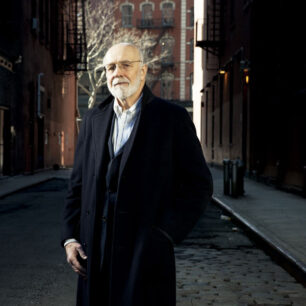
Made in America
Charlie Clifford (Peru 1967–69) is the founder of Tumi Inc., a global travel luggage brand, as well as Roam Luggage.…
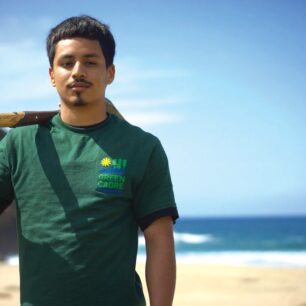
“Bigger Than Peace Corps”
California Service Corps is the largest state-based service program in the U.S. , with more than 10,000 volunteers across the…
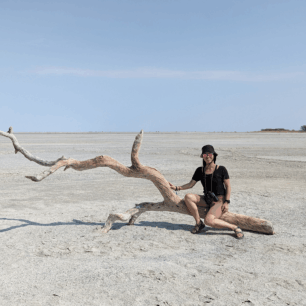
Signal Boost
The digital world is awash in voices seeking monetary reward or improved social status, as the online acronym goes, IRL…
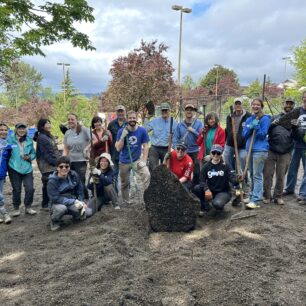
Garden of Refuge
As part of our commitment to continued service, the Seattle Peace Corps Association (SEAPAX) is partnering with World Relief Western…

